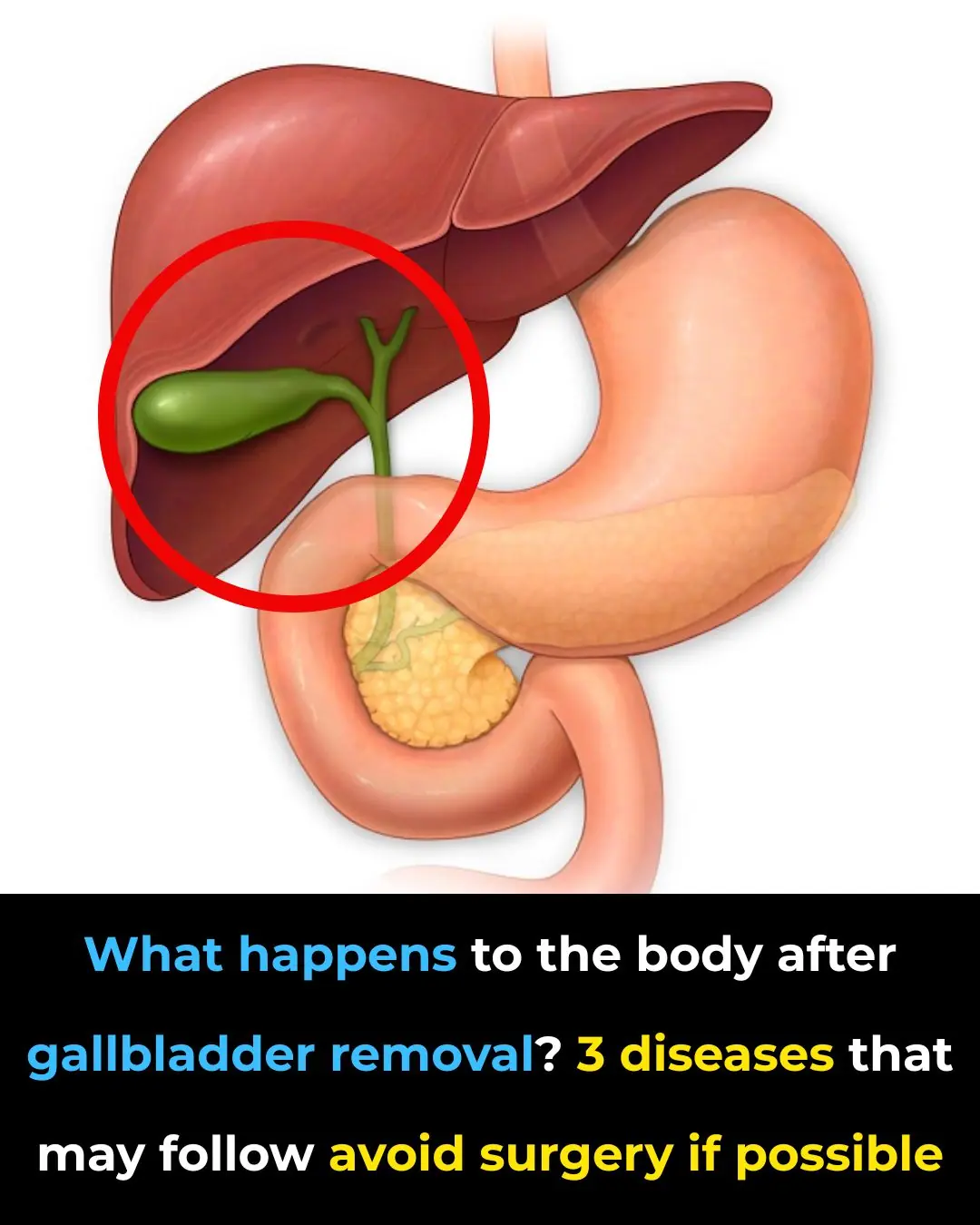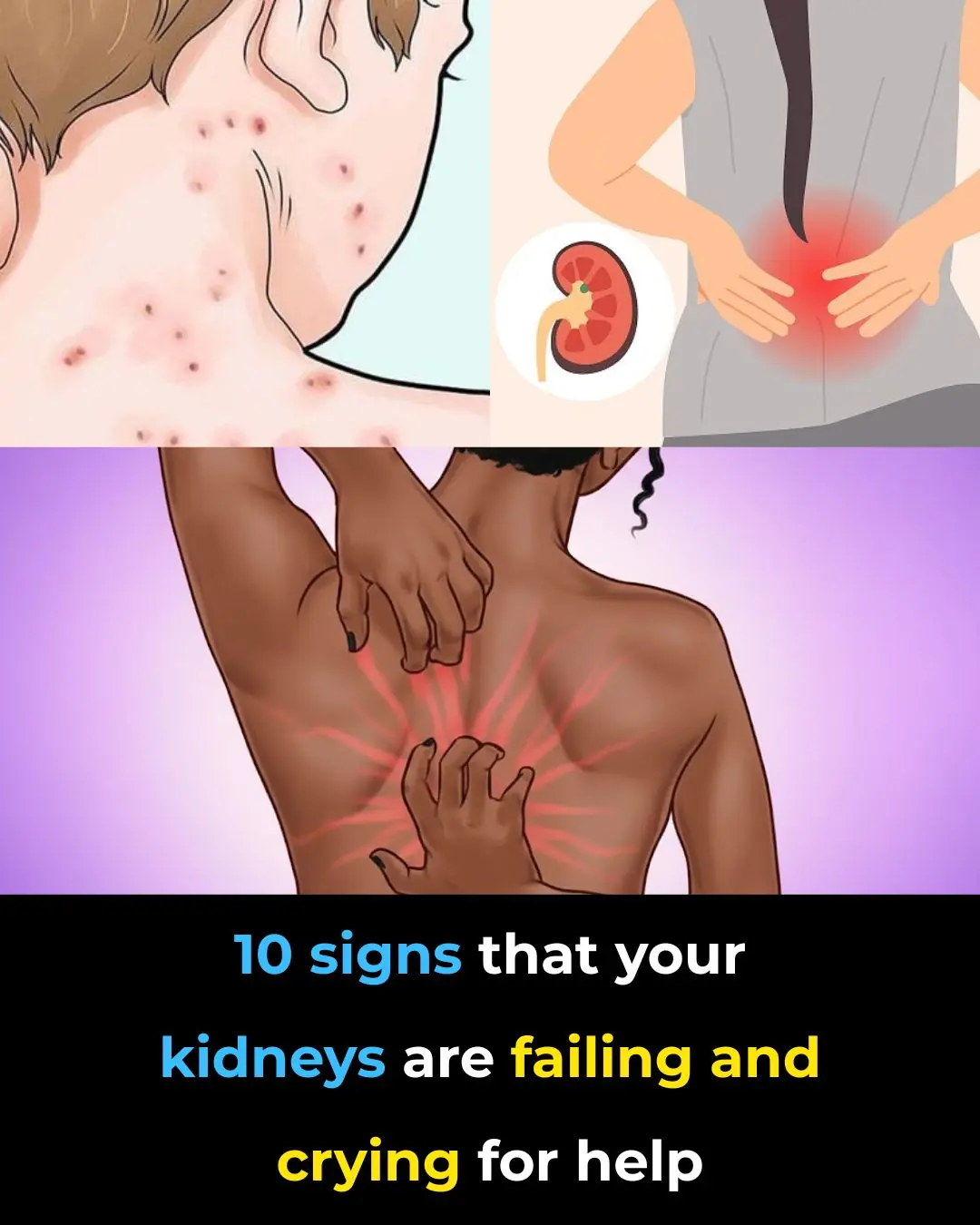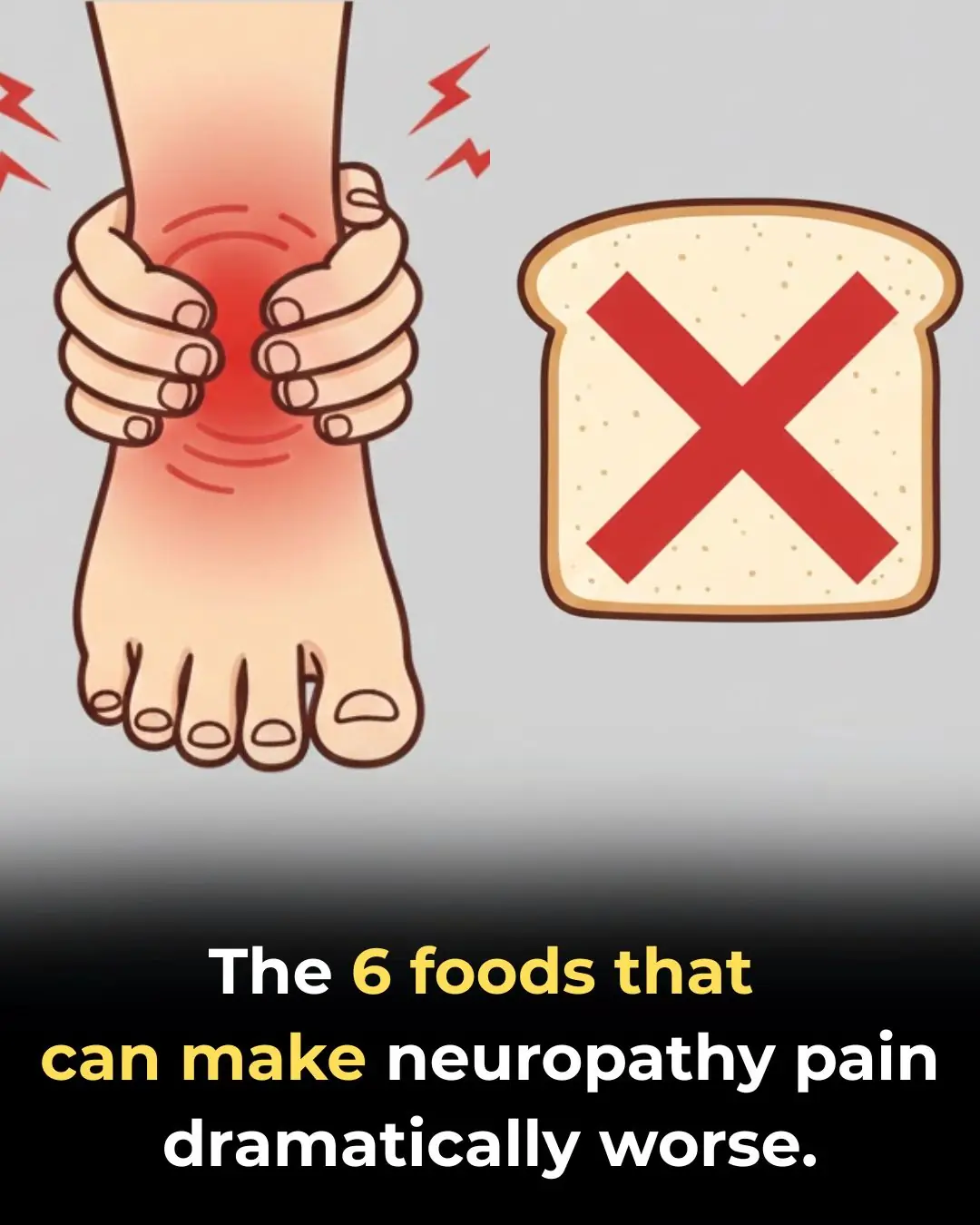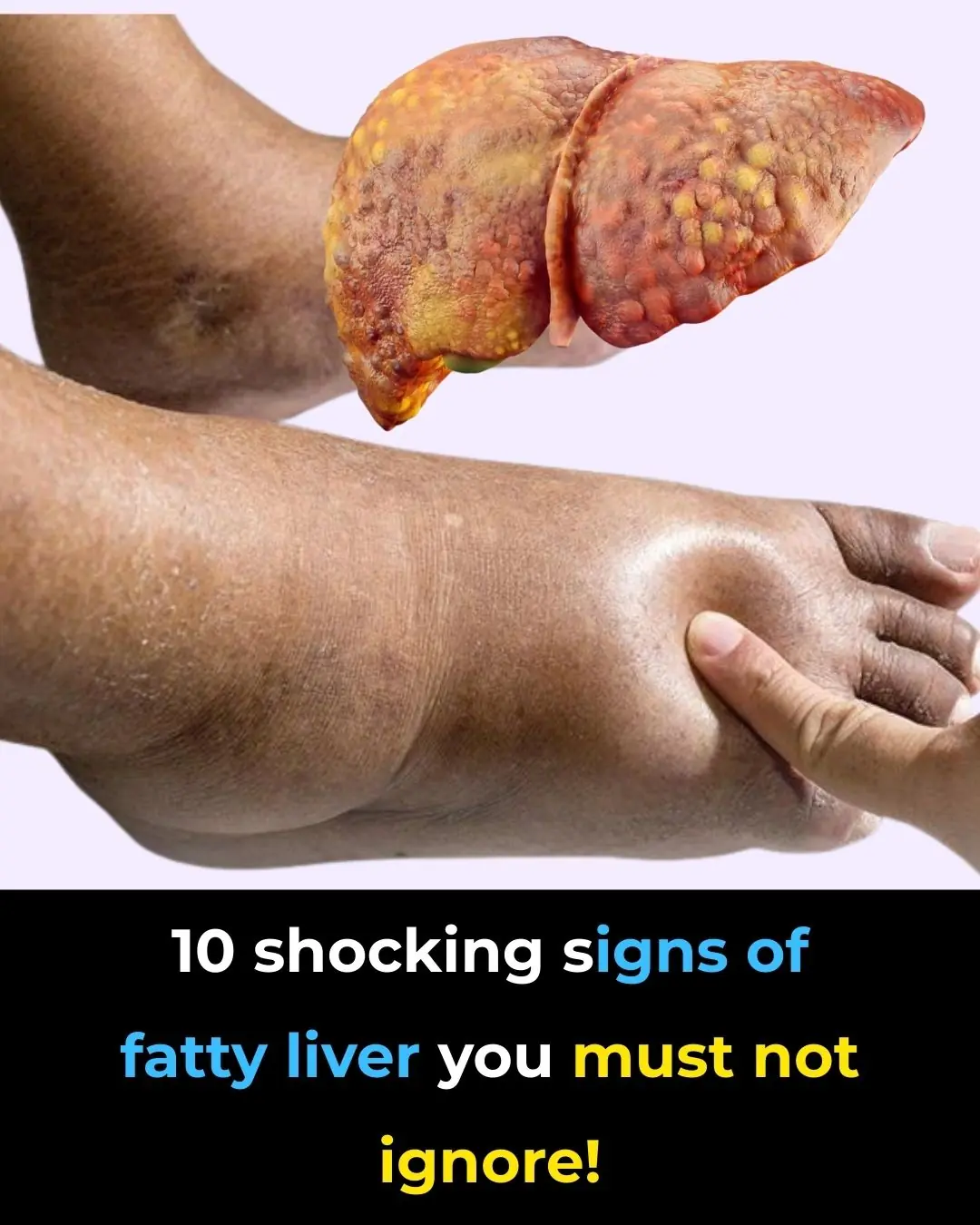
10 signs you’re eating too much sugar

Sugar hides in so many foods that it’s easy to eat more than you realize. And while the occasional sweet treat is part of life, consistently high sugar intake can impact your body in subtle — and not-so-subtle — ways. Here are 10 signs that you may be consuming more sugar than your system can handle, along with what it means for your health.
Key Takeaways
• Too much sugar dulls your taste buds and increases cravings.
• It can trigger breakouts, inflammation, and weight gain.
• Mood swings, bloating, and frequent colds are also common signs.
• Tracking blood sugar, A1C, and insulin can help you identify deeper issues.
1. Your Taste Buds Feel “Dulled”
One of the earliest signs of excessive sugar is reduced taste sensitivity. When your diet is filled with sweet foods, your body adapts by craving even sweeter flavors. As a result, natural foods — vegetables, proteins, grains — may start tasting bland.
For instance, many people don’t notice how sugary U.S. hamburger buns are until they cut back; they’re almost as sweet as cake. This cycle makes everyday meals less satisfying and drives you toward even more sugar.
2. You Constantly Crave Sweets
If you’re always hunting for your next dessert or sugary snack, sugar may have rewired your reward system. Sugar triggers dopamine — the same chemical tied to pleasure — which reinforces cravings.
Many people learn this pattern in childhood when sweets are used as treats or rewards. Over time, this trains the brain to associate sugar with comfort and happiness, creating lifelong habits.
3. You’re Breaking Out More Often
Frequent acne and skin irritation can be a sign of high sugar intake. Sugar feeds harmful bacteria in the body and contributes to inflammation. It also promotes the formation of AGEs (advanced glycation end products), which speed up skin aging.
The result? Breakouts, redness, and skin that looks older than it should.
4. Your Muscles and Joints Hurt
Excess sugar promotes chronic inflammation, which can aggravate joint pain, tightness, or stiffness — especially for people with osteoarthritis or inflammation-prone conditions.
Instead of masking discomfort with painkillers, addressing your sugar intake can help reduce the underlying inflammation.
5. You’re Getting More Cavities
Tooth decay is one of the clearest signs of too much sugar. Sugar fuels the bacteria that form plaque, which eats away at enamel and causes cavities.
People who reduce sugar intake typically see fewer dental issues and fewer trips to the dentist.
6. You’re Gaining Weight — Especially Around the Stomach
Sugar spikes your blood glucose, which triggers insulin — the hormone that tells your body to store fat. Over time, high insulin levels can lead to insulin resistance and type 2 diabetes.
Weight gain, especially around the abdomen, often signals that your body is dealing with too much sugar.
7. You Get Sick More Than Usual
If you’re catching colds or infections frequently, sugar might be weakening your immune system. Sugar competes with vitamin C for entry into your cells, reducing your ability to fight off viruses.
A weakened immune response means your body becomes more vulnerable to illness.
8. You Feel Bloated
Too much sugar disrupts the balance of your gut bacteria, leading to dysbiosis. This imbalance can cause bloating, gas, and digestive discomfort.
If you regularly feel bloated — especially after meals — your sugar intake might be contributing.
9. You Experience Mood Swings
Sugar highs are quickly followed by sugar crashes. After the initial spike of energy, your blood sugar plummets, leaving you tired, irritable, and moody.
If your energy and emotions swing throughout the day, your blood sugar may be rising and falling too drastically.
10. Your Blood Markers Are Increasing
One of the strongest indicators of excessive sugar intake is rising lab values:
• fasting glucose
• A1C
• insulin levels
These markers reveal how well your body is handling sugar. Elevated numbers are red flags for insulin resistance, prediabetes, or diabetes — all of which require immediate attention.
Conclusion
Spotting these signs early can help you regain control before sugar begins to harm your long-term health. If several of these symptoms sound familiar, it may be time to re-evaluate your daily sugar habits.
Reducing sugar doesn’t mean giving up sweetness altogether — it means understanding how sugar affects your body and making mindful choices. By paying attention and adjusting your diet, you can boost your energy, support your immune system, stabilize your mood, and protect your long-term health.
News in the same category


A Powerful Mixture for Cleansing Your Liver (2 Ingredients)

Studies Link Soda To Depression, Kidney Damage, Heart Attacks And Brain Damage

The Plant That Kills Cancer Cells, Stops Diabetes And Boosts Your Immune System!

7 powerful vitamins you need for strong, healthy legs

Gallbladder removal: what happens next and 3 risks to watch for

10 Warning Signs Your Kidneys May Be in Danger

The protein sources that build your body vs. the ones that waste your money

Your pancreas could be ‘silently inflamed’ right now and you’d never know until it’s too late

6 Trigger Foods That Cause Agonizing Pain If You Have Neuropathy

The 5 foods that quietly fuel diabetes — and what to avoid to help reverse it

What if you ate 4 eggs a day with the yolks for 30 days

The Plant That Kills Cancer Cells, Stops Diabetes And Boosts Your Immune System!

The Ultimate DIY Clove Skincare Routine

Foods That Are Beneficial For Strengthening Muscles In Old Age

Why Staying Up Past Midnight Can Harm Your Brain

10 shocking signs of fatty liver you must not ignore!

The simple, natural method to relieve constipation and gas fast (no laxatives needed)

The 5 foods that quietly fuel diabetes — and what to avoid to help reverse it
News Post

Turning Gold Into Sight: A Revolutionary Nanotherapy That Could Help Restore Vision

The Extraordinary Survival Story of Bahia Bakari: The Sole Survivor of Yemenia Flight 626

First Person Cured of Type 1 Diabetes Using Stem Cell Therapy: A Groundbreaking Medical Achievement

Gray Hair: A Natural Defense Against Cancer, New Study Suggests

The Best Tea to Start Your Morning and After Dinner: A Powerful Blend for Wellness

Why Placing Borax on Wax Paper Under Your Fridge Works: A Full Guide

Young Student's Determination to Support His Education Inspires Viral Act of Kindness

Lavender Oil and Baking Soda: A Natural DIY Air Freshener Backed by Science (Full SEO Article)

MIT Scientists Develop Injectable Gel to Regenerate Damaged Nerves and Restore Sensation

How Attention Shapes Reality: The Neuroscience Behind Focus and Perception

From Fear to Trust: A Dog's Journey of Healing and Love

Cleaning the TV with tissue paper or plain water is a mistake. Use this to clean the dust and not scratch the screen

Bananas can't be eaten in time when bought. Do this so they won't be dark or overripe all week

A Powerful Mixture for Cleansing Your Liver (2 Ingredients)

Studies Link Soda To Depression, Kidney Damage, Heart Attacks And Brain Damage

The Plant That Kills Cancer Cells, Stops Diabetes And Boosts Your Immune System!

Frequent Daytime Naps Linked to Larger Brain Volume and Healthier Aging

7 powerful vitamins you need for strong, healthy legs
